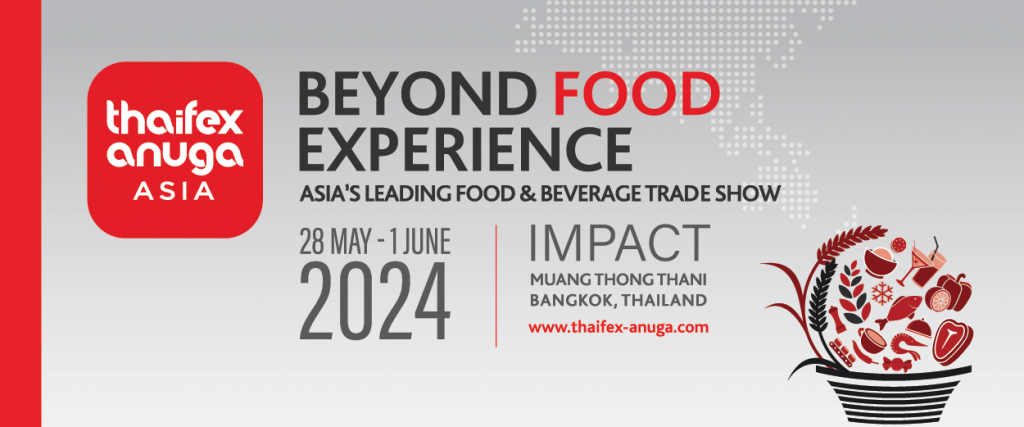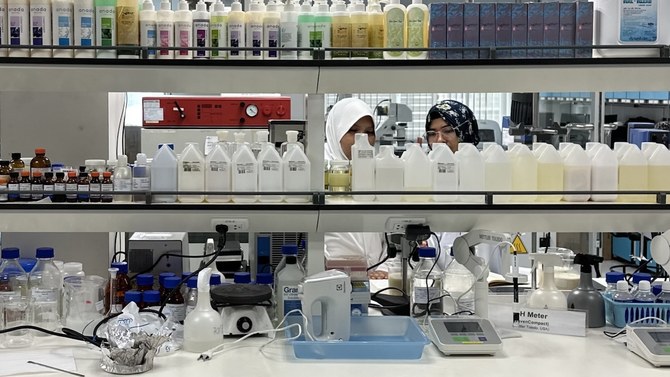 Food science is very important and inherent in researching and maintaining the standards within the Halal sector, especially considering the lucrative value of the global Halal market.
Food science is very important and inherent in researching and maintaining the standards within the Halal sector, especially considering the lucrative value of the global Halal market.
Over a decade, Southeast Asian countries have undoubtedly led the way in undertaking scientific research within the Halal space. As the market expands and becomes more complex, there are corresponding developments in the field of scientific research.
The fourth session of the Academics Forum, World Halal Summit (WHS 2015) held here at the Kuala Lumpur Convention Centre saw a panel of esteemed scientists who discussed the various developments and what to expect from the Halal scientific community.
Dr Winai Dahlan, Founder Director of the Halal Science Centre, Chulalongkorn University in Thailand, provided a presentation of the comprehensive services being performed at his centre in Thailand.
They currently cover various facets of the Halal industry – from food production to ICT, even new product innovations such as ‘Halal Facebook’, ‘samak‘ or clay cleansing products, as well as personal hygiene products developed for those intending to perform Hajj or Umrah.
As Dr Winai’s Centre continues working towards Halal standardisation for the country, he also places high value on ensuring new and safe products to enter the market.
“We have to find a way to protect ourselves and our aqidah. That is why we established a Halal Science Centre first, then focus on the academic aspects and the laboratories,” explained Dr Winai.
Assoc Prof Dzulkifly Mat Hashim, Former Head of Halal Services Laboratory, Halal Products Research Institute, UPM Malaysia also provided the scenarios of where food science and Halal standards are essentially married with practicality.
“We need academicians, players of the industry and the regulators to work together to solve real issues that are presented, for example, the permitted level of alcohol in a food or ingredient,” said Prof Dzulkifly.
In today’s era of technology where new concepts are constantly evolving, new issues such as cloning must be addressed quickly and efficiently. Dr Sharifudin Mhmd Shaarani, Dean, School of Food Science & Nutrition, University of Malaysia Sabah, agreed that Halal food science can be considered as “forensics science”.
“In this era, the development of alternative food ingredients and Genetically-Modified Organisms (GMO) make the area very complex,” said Dr Sharifudin. The core of Halal Science, he believes, is human capital.
“Developing competent human resources is extremely important,” he said. “Another short-term remedy we need is a Halal quality assurance that ensures that every time we produce a Halal product, it is truly Halal. To invest time and money into doing this is relatively less expensive and faster in bringing us forward.”
On the other end of the spectrum, Ahmad Husni Johari, CEO TPM Biotech, Malaysia highlighted the Halal analysis services TPM Biotech provides, for commercial products. From herbal products to cosmetics, foods and pharmaceutical products prepared for the overseas market, TPM Biotech’s Halal science lab and consultancy services caters not only to walk-in customers and contract services that require analysis and tests be carried out for their products, but also a range of other relevant and upcoming projects.
“Among these include the examination of stunning and non-stunning methods and also matters such as the Halal Authentication of Bird’s Nest,” said Ahmad Husni. “We wanted to look into this to help the industry. We have also done work in labs in China, as China is going into Halal in a big way.”
In closing, he acknowledged that there is much more to be done. “To be matter of fact, the issue of Haram is so complex, even under a microscope we cannot see or detect it. These are the issues that we face, and as Associate Prof. Dzulkifly Mat Hashim mentioned, we need the convergence of Syariah and science.”



